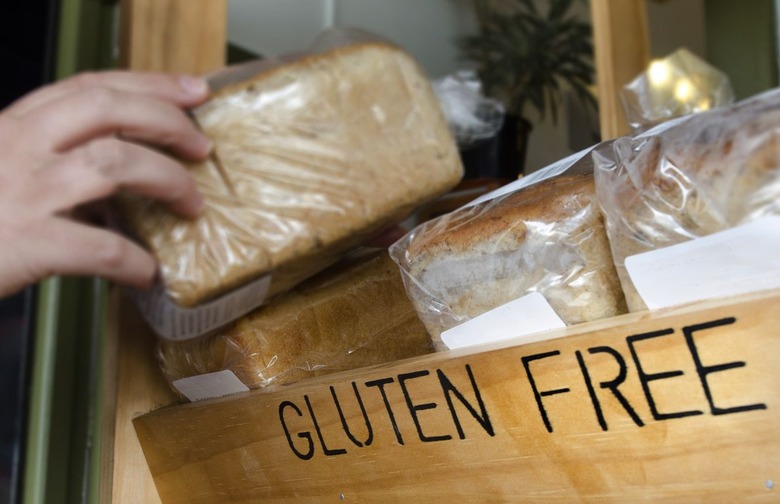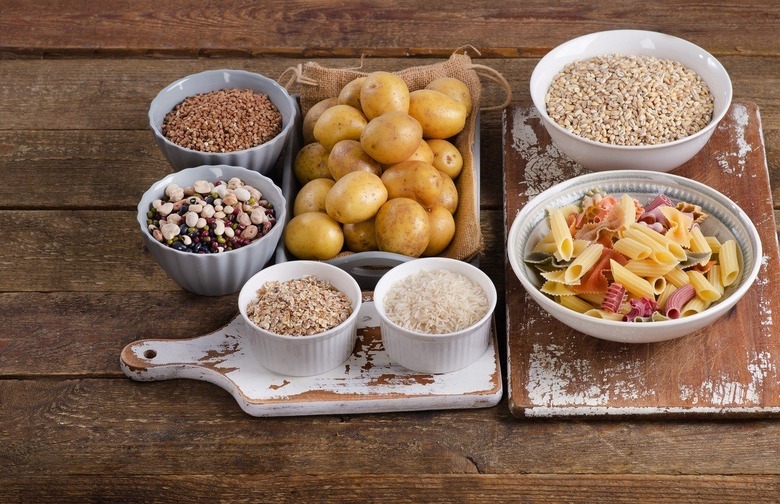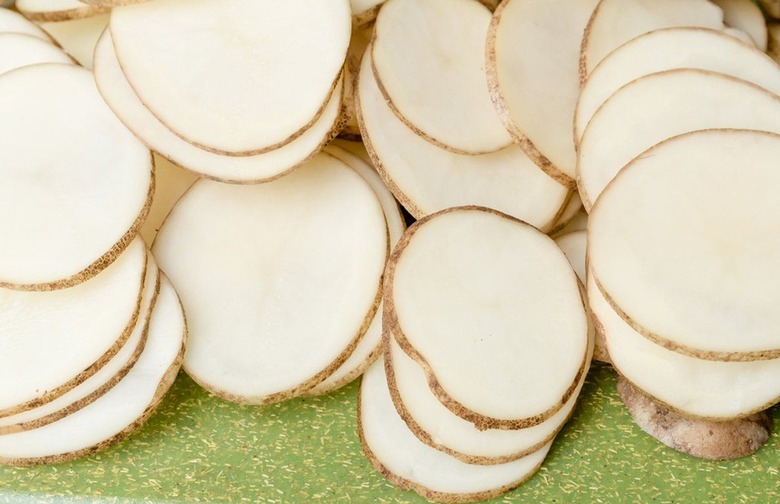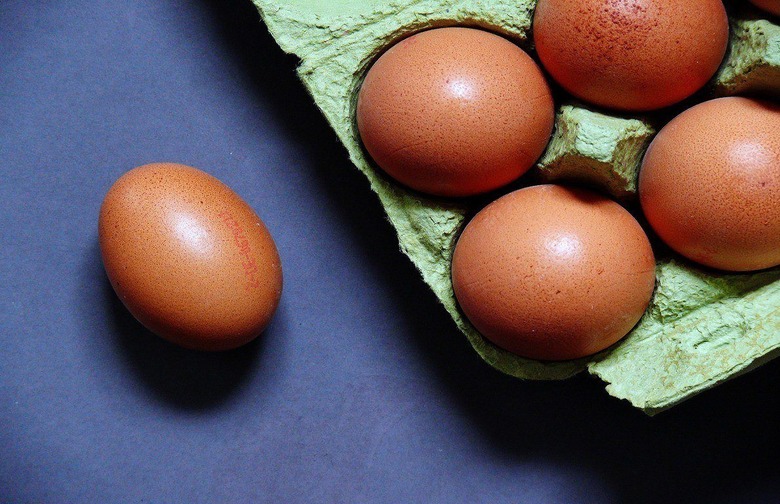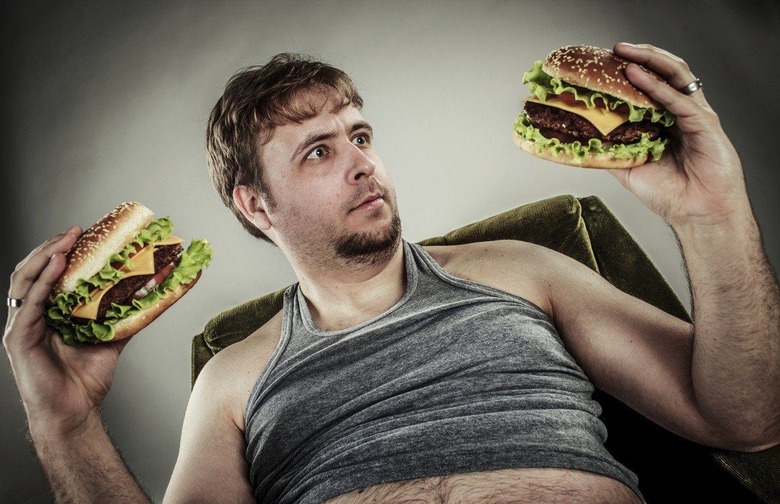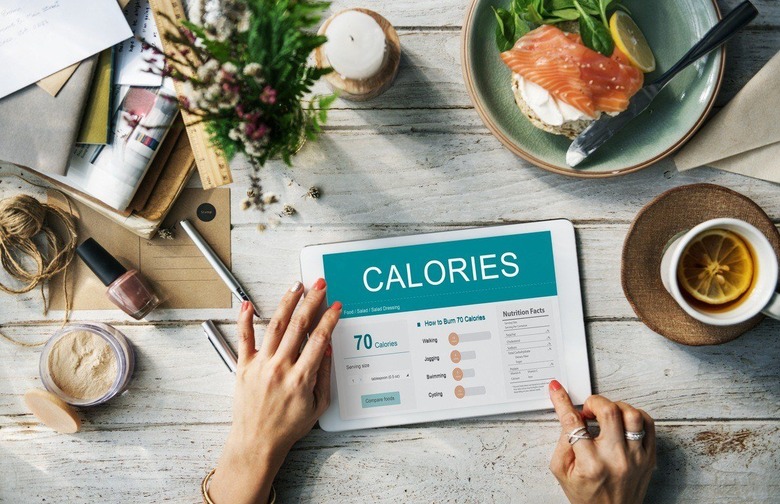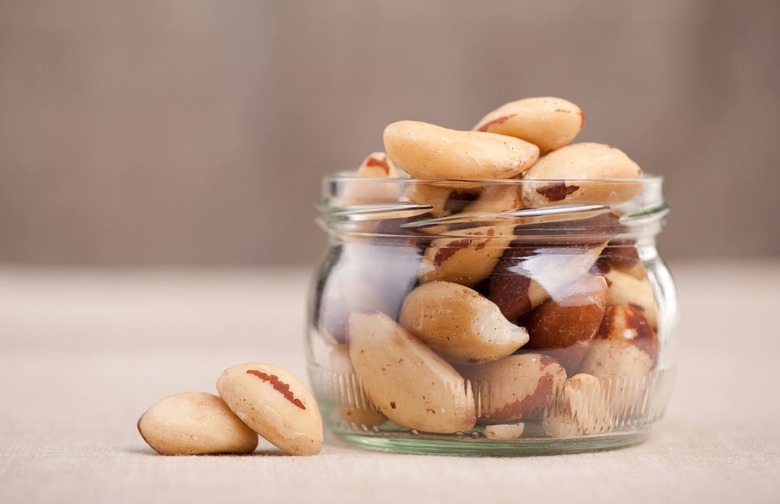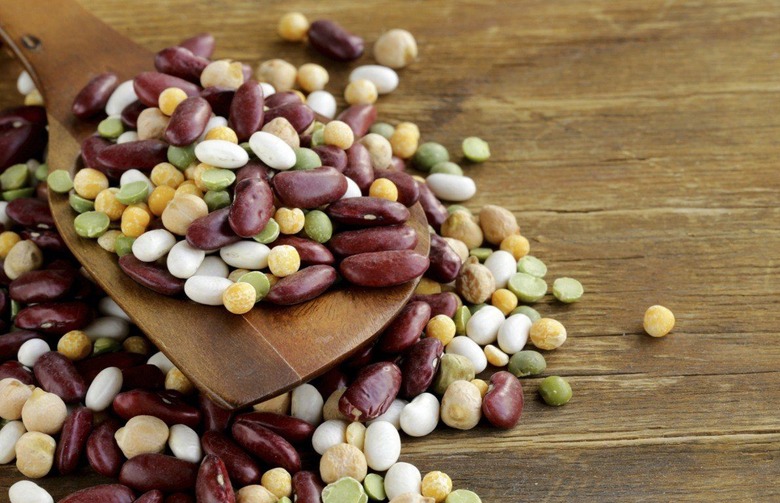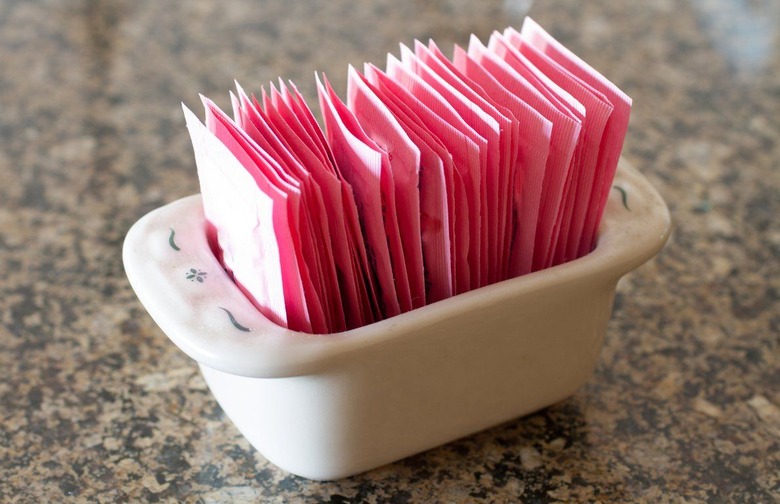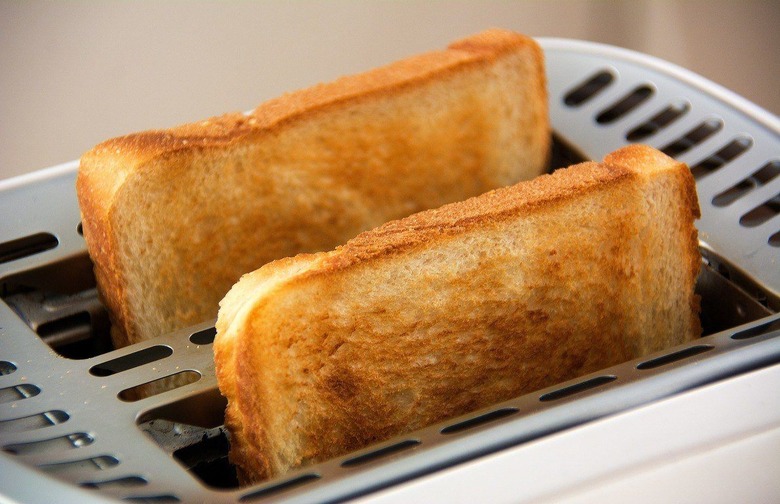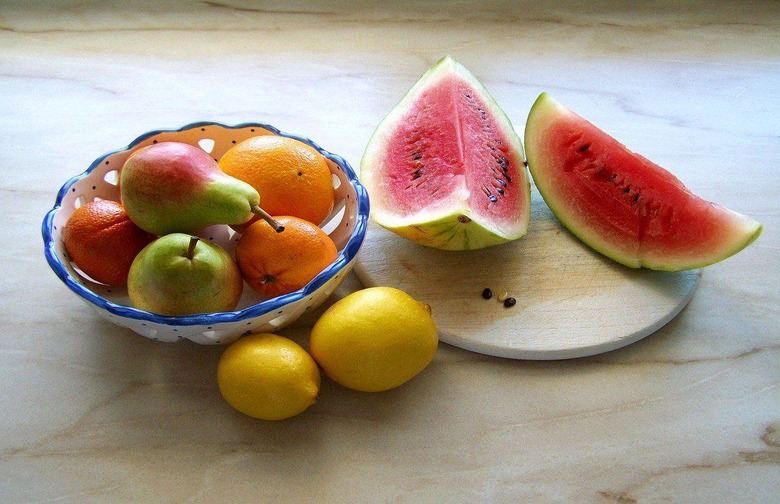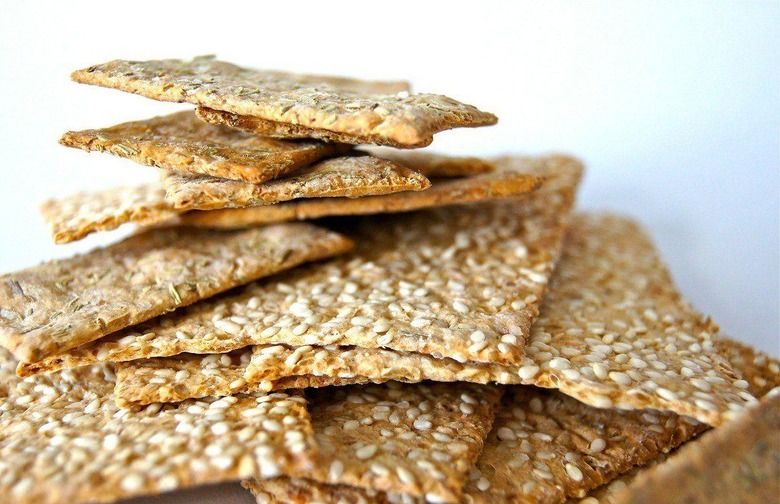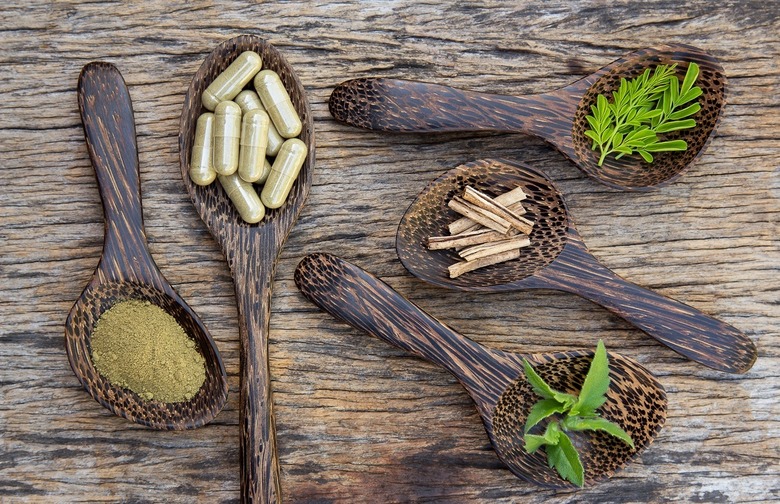Ignore These 13 Pieces Of Popular Nutrition Advice Slideshow
A gluten-free diet is essential for people suffering from celiac disease or gluten intolerance, but for the average person, going gluten-free doesn't make a lot of sense. Gluten-laden whole grains such as wheat, barley, and rye are linked to a reduced risk for heart disease, cancer, and diabetes; and gluten may also boost immune system functioning.
Click here to learn about foods you didn't know contained gluten.
“Avoid Carbohydrates”
Research has disproved the theory that a low-carbohydrate is better for weight loss. Low-carb diets became popular in the 1970s after the release of Dr. Robert Atkin's book, Dr. Atkin's Diet Revolution. However, completely avoiding grains and starches makes it difficult to feel satiated, and many people who go on low-carb diets end up gaining the weight back.
“Cut Out Potatoes”
When not mashed or processed into chips and French fries, potatoes are quite nutritious. A medium-sized potato is only 163 calories, and it's surprisingly high in vitamin C and potassium. The key to unlocking the benefits of this tuber is eating it with the skin on; the easiest way to do this is to make a simple and delicious baked potato. If you're pressed for time, simply poke some holes in a raw potato with a fork and toss it in the microwave for six or seven minutes.
Click here for a list of The Daily Meal's healthiest potato recipes.
“Eggs Are Unhealthy”
The egg — yolk and all — is the true breakfast of champions. Even the oldest woman alive partly attributes her longevity to eating two raw eggs every morning. Eggs have been demonized in the past for their high-cholesterol yolk, but they're rich in a variety of nutrients such as vitamins A and B12, phosphorus, and selenium. One egg is only 77 calories, and contains six grams of protein.
Click here for easy, indulgent, and surprisingly healthy egg recipes.
“Give Up Fats”
It's unhealthy to try to eliminate all forms of fat from a diet. There are many types of "good fats" that help lower cholesterol, benefit heart health, and provide the body with omega-3 fatty acids. The Mediterranean diet, which has been praised as one of the world's healthiest eating regimens, derives around 45 percent of its calories from fat.
“Losing Weight Is All About Counting Calories”
A low-calorie diet is not the answer to losing weight because all calories aren't created equal. Starchy vegetables, legumes, lean proteins, and food all contain calories, but unlike refined sugar and flour, they contribute vital nutrients and satiating fiber to the body. Diets high in refined sugars and carbohydrates lead to a "yo-yo metabolism," says Dr. David Ludwig, professor of nutrition at Harvard's School of Public Health. These types of calories actually increase feelings of hunger.
Click here to see the insane calorie counts of these 14 greasy fast foods.
“Pass on Nuts”
Studies show that eating peanuts and other tree nuts is an effective weight loss tool, but some nutritionists eschew them because of their high-fat content. The nut-oil contains healthy monounsaturated and polyunsaturated fats, which help lower cholesterol levels.
“Protein, Protein, Protein”
Let's dispel the myth that extra protein gives you extra strength. Protein is essential for many body functions such as the production of enzymes and hormones and repairing muscle tissue, but nutritionists now believe that people are actually eating too much protein. When the body breaks down protein, it creates ammonia as a by-product, which may have adverse long-term effects and cause people to lose expel calcium through their urine.
Click here to learn everything you need to know about protein.
“Save Calories With Artificial Sweeteners”
If you want to treat yourself to a soda, just drink the stuff sweetened with high-fructose corn syrup. Artificial sweeteners may have zero calories, but they have still been linked to weight gain. Research has shown that sugar alternatives such as sucralose, aspartame, and saccharin can lead to Type 2 diabetes, cardiovascular disease, increased blood pressure, and high blood sugar levels.
Click here to read about why you should stop buying sugar-free foods.
“Skip Breakfast to Save Calories”
Some nutritionists may suggest skipping breakfast in order to save the calories, but this is a big no-no. Whether it's the most important meal of the day is debatable, but eating breakfast has been linked to improved memory, increased energy throughout the day, and an accelerated metabolism. Research shows that people eat considerably more calories on days when they miss breakfast.
Click here for a list of the healthiest and unhealthiest breakfast cereals.
“Stay Away From Fruit”
This bizarre nutritional trend can derail a diet. Fruit, nature's fast food, has recently come under attack for its sugar content. Though some fruits are high in natural sugars, they contain many essential nutrients and are rich in fiber, which slows down the body's absorption of these sugars.
Click here to see some fruits and vegetables that aren't great for you.
“Stop Snacking”
The idea of snacking has been cast in a negative light, but there's a big difference between munching on cookies and eating an apple. Eating a couple of small snacks throughout the day helps with appetite control, allowing you to eat less at meal times and make wiser dining decisions.
“Supplements Can Support a Bad Diet”
Nutrient supplements can be affective tools, but they can't replace a good diet. The body absorbs vitamins and minerals better when they're derived from natural sources like fruits and vegetables. Only a small percentage of Americans are actually nutrient deficient, so supplements should only be used to address very specific nutritional concerns.
If you want to stop taking vitamins, eat these foods instead.
